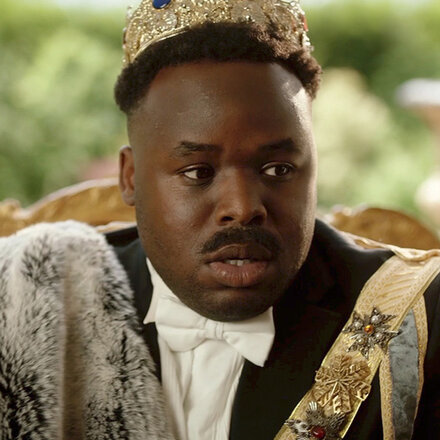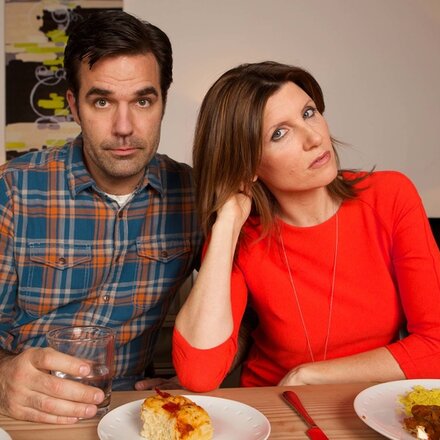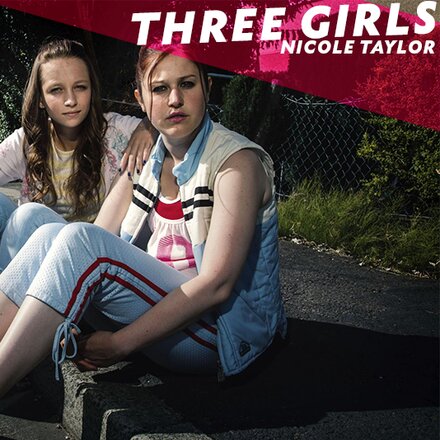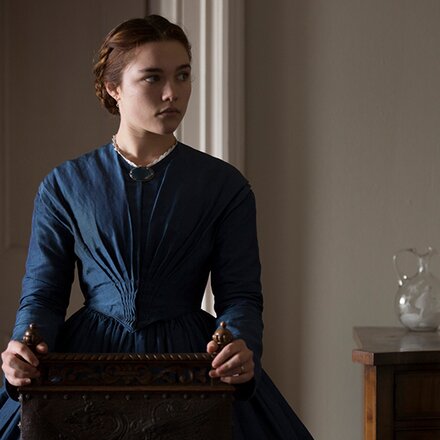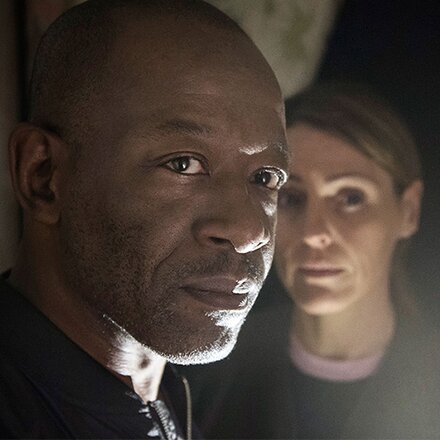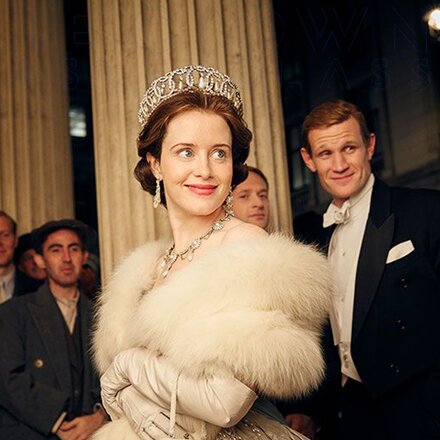Words by Matthew Bell
Few writers are recognised by BAFTA for both children’s and adult dramas. Yet Russell T Davies has won awards for a family show (Doctor Who), a kids drama (The Ward) and been nominated for adult dramas The Second Coming and Bob And Rose. He also earned the Dennis Potter award in 2006.
"Life doesn’t work in genres," says Davies. "Your mind wanders all over the place, and so should your ideas.
"When I worked in children’s, people said to me: ‘you’ll never work in proper drama’," he says, recalling his early years at the BBC’s children's department. Moving to Granada Television took Davies into adult telly, working on daytime soap Families and Coronation Street. But the rigid thinking remained: "When I worked in soaps, people would say: ‘But can you write a 50-minute drama?’ They were so format and genre bound."
Over more than two decades in television, Davies has tried to follow two rules: avoid the "stupid people" and latch on to the many good ones: "You find the people you trust and whittle out the people you don’t."
"Life doesn't work in genres. Your mind wanders and so should your ideas."
Davies is an immensely affable and chatty interviewee, though, I think, you wouldn’t want to cross him. His breakthrough came in 1999 with Queer As Folk, a taboo-smashing drama about the lives of gay men in Manchester. Other lauded series followed, including Bob And Rose and Casanova. Audiences tended to agree with the critics, which is why TV values Davies: he wins awards and good ratings.
None of this success, though, bears comparison with that of Doctor Who, which returned to BBC1 in 2005 after 16 years. "It’s very easy to say now ‘Bring back Doctor Who’, but at the time it looked like absolute madness," says Davies, who is the programme’s lead writer and executive producer.
At the time, Saturday evening telly was home to talent shows, Ant & Dec and celebrity ballroom dancing; drama didn’t get a look in. Yet, Doctor Who and shows such as ITV1’s Primeval that followed in its wake, have helped reclaim Saturdays for family drama.
"I think there are some people in the industry who think I’m wasting my time because I’m not writing something that gets equal rights for gay men, or something with a heavy political issue. But enthralling an eight-year-old child is every bit as important as dealing with those heavy issues and, along the way, Doctor Who does deal with them," says Davies.
In June this year, Davies was awarded an OBE for services to drama. "To be absolutely honest, I accepted it because it made my father very happy. But there’s a very important argument for writers and for gay men to stand up and be recognised in public," he says.
Davies says he would find it hard to write "something political with a capital P. Tony Marchant can do that brilliantly; it’s possibly not my style or within my ability to do that."
Nevertheless, Davies has a fascination with political collapse, even cataclysm. The Second Coming, which starred Christopher Eccleston as a man claiming to be the son of God, was about "a society that tipped overnight into a madhouse," he says.
"My parents were classics teachers and so I was brought up with [Gibbon’s] Decline And Fall Of The Roman Empire. From the age of five I was sucked into this most magnificent civilisation that simply stops overnight. And ours will - nothing lasts forever."
"I'm deliberately optimistic in what I write. It's very easy to find pessimism; I think that's our natural state."
So, is Davies, the re-creator of Doctor Who, a programme that exudes humanity and hope, a gloomy soul?
"No I’m not naturally gloomy," he says. "I’m deliberately optimistic in what I write. It’s very easy to find pessimism; I think that’s our natural state. So, as a writer I look for other things - to find an optimism or a hope or joy in something that might not necessarily suggest joy."
Davies is stepping down from Doctor Who next year. He is unsure about what follows, though he hopes to mine his enduring fascination with collapsing civilisations by expanding on the recent Doctor episode ‘Turn Left’ in which foreign evacuees were sent to a concentration camp.
"That one scene in Doctor Who is a whole drama I will write one day. You watch films like The Piano with a massive smile on your face thinking this could never happen here, which is absolute arrogance and insanity. We could turn at the drop of a hat," he says.
Many successful TV writers move into film but Davies is not tempted. I doubt whether he would feel at home: TV treasures its writers, whereas films are sold on the name of their director.
"There is an argument that the director is more of an auteur in a film and the script is more of a stepping stone on the way to that finished piece on-screen," he says, before backtracking: "But then again that’s bollocks. Of course the writer is important. I don’t give a toss about being recognised or having my name known. I just want my work to get made."
This interview appeared in the August 2008 issue of our members magazine, ACADEMY.

